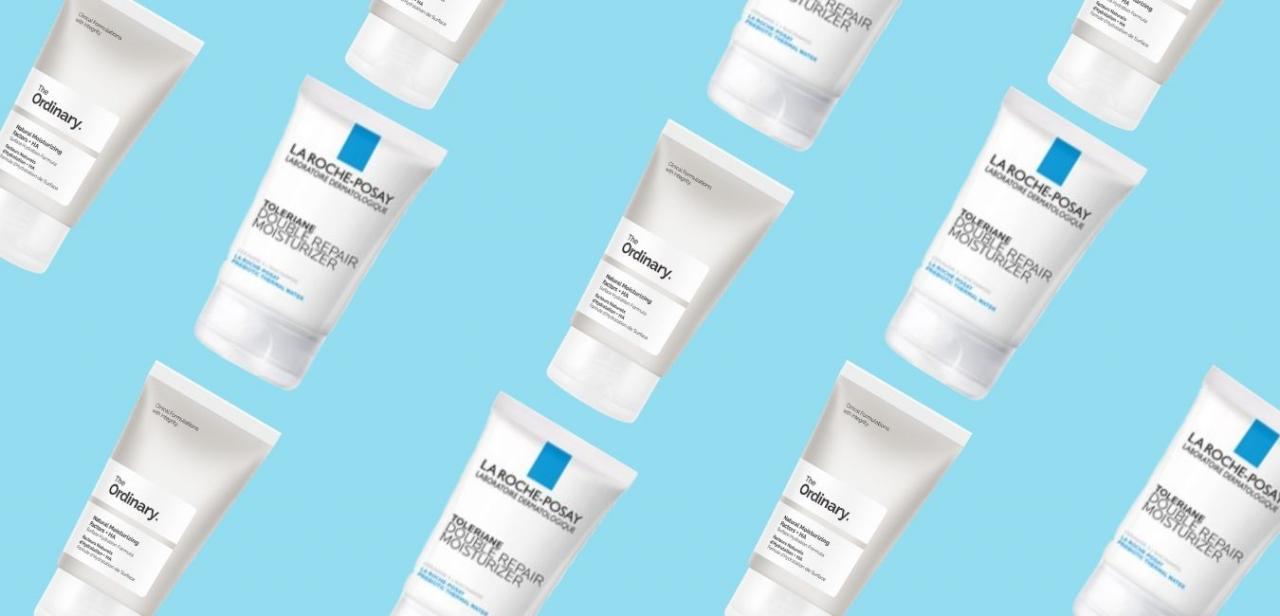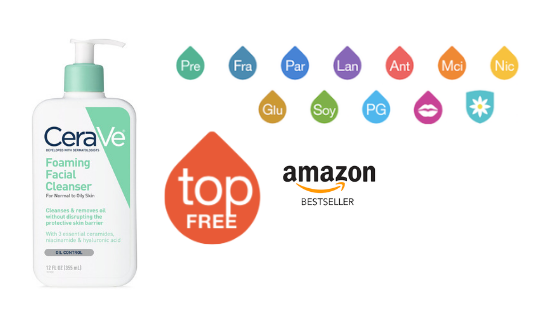Dr. Heck describes the long-term risk factors associated with acne and shares how cystic acne can be treated.
Dr. Heck:
The long-term risk factors of acne is scarring. Acne can be very detrimental to a teenager’s self-esteem and their confidence. So it’s very important to treat the acne before it leads to permanent scarring.
Acne has many different treatments ranging from topical therapies to systemic antibiotics or pills taken by mouth, to Accutane, which is a big drug used to treat acne.
Cystic acne, if I had a patient that came in with a few acne cysts I would choose most likely two forms of topical agents. I almost always pick a topical retinoid. Retinoids are wonderful. They are anti-aging; they are anti-acne. They help rejuvenate the skin and they help the skin normalize its sloughing. The skin usually takes 28 days to get from the very bottom layer to the top and off; with acne lesions the skin is sticky and clogs the pores. So retinoids are wonderful.
A topical antibiotic or a benzyl peroxide agent I often choose, and a systemic antibiotic or an antibiotic taken as a pill form I often give for the deeper acne bumps or cysts.
About Dr. Shannon Heck, M.D.:
Shannon Heck, M.D., F.A.A.D., is a board certified dermatologist and a partner in a large, thriving dermatologic practice in Phoenix and Scottsdale, Arizona. She specializes in general and cosmetic dermatology.






















